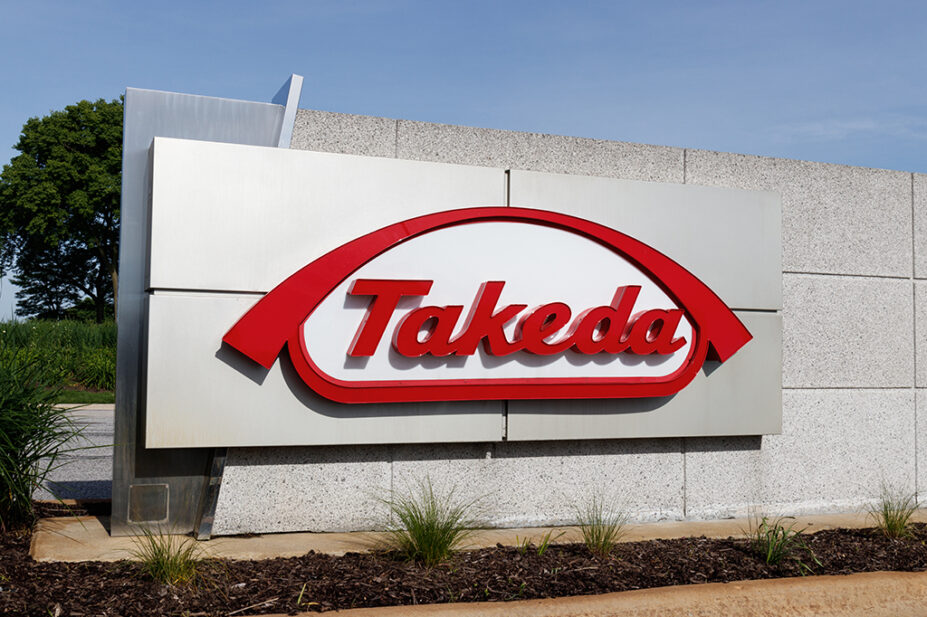
Shutterstock.com
A lung cancer drug described by NHS England as “game changing” is to be withdrawn by its manufacturer.
Takeda said it intends to withdraw its drug Exkivity (mobocertinib) after a phase III trial “did not meet its primary endpoint”.
In March 2022, NHS England announced that it would be made available to around 100 patients per year, following a deal with Takeda under the Project Orbis scheme. The drug was then approved for NHS treatment by the National Institute for Health and Care Excellence (NICE) in January 2023.
The scheme is an international partnership between medicines regulators across the world, including in the UK, United States and Australia. It was set up to speed up the approval process for promising cancer treatments.
In a statement published on 2 October 2023, Takeda said it had had discussions with the US Food and Drug Administration (FDA) around voluntary withdrawal of the drug in the United States. The manufacturer added that it “intends to similarly initiate voluntary withdrawal globally where EXKIVITY is approved”.
The manufacturer said it was working with regulators in other countries, where the treatment is currently available on “next steps”.
Takeda said its withdrawal decision was based on the outcome of the phase III ‘EXCLAIM-2’ confirmatory trial, which “did not meet its primary endpoint and thus did not fulfill the confirmatory data requirements of the Accelerated Approval granted by the U.S. FDA nor the conditional marketing approvals granted in other countries”.
In March 2022, NHS England announced that mobocertinib would be “fast-tracked to eligible patients within weeks, thanks to a deal brokered by NHS England”, making patients in England the first in Europe to access the drug.
Then, in January 2023, mobocertinib was given final approval by NICE for use as a monotherapy for the treatment of adults with epidermal growth factor receptor (EGFR) exon 20 insertion mutation-positive locally advanced or metastatic non-small cell lung cancer, who have received prior platinum-based chemotherapy.
At the time, NHS England said the treatment would be available to “around 100 eligible patients a year with the rare form of [lung] cancer that cannot be removed by surgery, which mainly affects younger people and non-smokers”.
In its statement, Takeda said it was “committed to ensuring patients receiving EXKIVITY can maintain access, as appropriate and in consultation with their healthcare provider”, and is “actively assessing access mechanisms with regulatory authorities”.
Commenting on Takeda’s announcement, Dharmisha Chauhan, specialist oncology pharmacist at Royal Marsden NHS Foundation Trust and lead genomic pharmacist at North Thames Genomic Medicine Service Alliance, said: “Currently, mobocertinib is the only drug available for the treatment of EGFR exon 20 insertion NSCLC (post platinum treatment) and with EXCLAIM-2 not reaching its primary endpoint, it is disappointing.
“However it is important to follow the data to ensure we are using the best treatments within our clinics for our patients.
“Any subsequent withdrawal of mobocertinib within the UK will leave a big gap in the treatment strategy for this patient cohort.
“We now need to await the results of other drugs targeting EGFR exon 20 insertion mutations, of which some data are expected later this month at the European Society for Medical Oncology,” he added.
- This article was amended on 5 October 2023 to correct the date on which NHS England announced that Exkivity was made available


